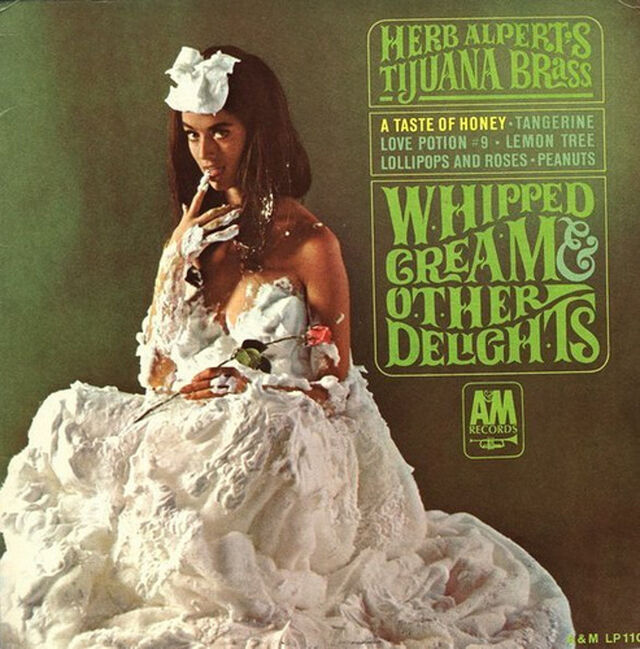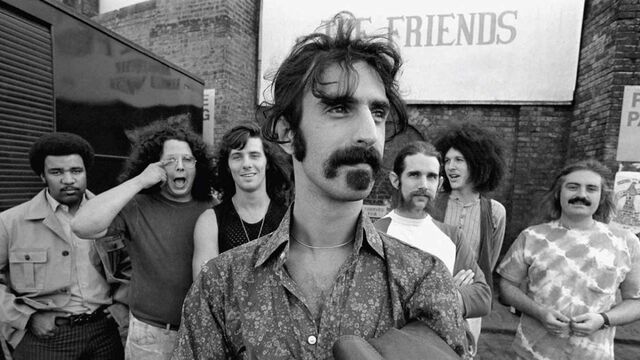Bill and Ted star and documentary filmmaker Alex Winter struck archival gold, too, in his long journey to bring the story of experimental music legend Frank Zappa to the screen. Though this is Winter’s first ‘artist biography’, it’s clearly made by somebody who grew up around artists, and has a nerd’s focus on detail (his previous documentaries explore the deep web, blockchain, Napster, the Panama papers and more). Zappa is impressive in its scope, and generous in its shape, to the point where a working knowledge of the great experimental composer is not needed.
“Zappa was compelling to me because he was this incredible artist who was very, very engaged with his times,” Winter says. “He had a lot of facets to his nature, some of which seemed to be in complete collision with each other, and that interested me greatly.”
Like Alpert, Zappa was a saver of things. Once Winter and his producer Glen Zipper had Frank’s widow, Gail Zappa, on side, the doors to the family archives were opened wide. But the first part of the filmmaking process was to preserve that material, which required a Kickstarter campaign. Then it was a matter of building a story that would suit the non-conformist, highly improvisational composer. “I wasn’t interested in telling a conventional story because he’s such an unconventional person,” says Winter. “[Editor] Mike Nichols and I made a commitment at the beginning to create an Act One that would be aggressive enough to take you in whatever direction we wanted to take the film after that.”










